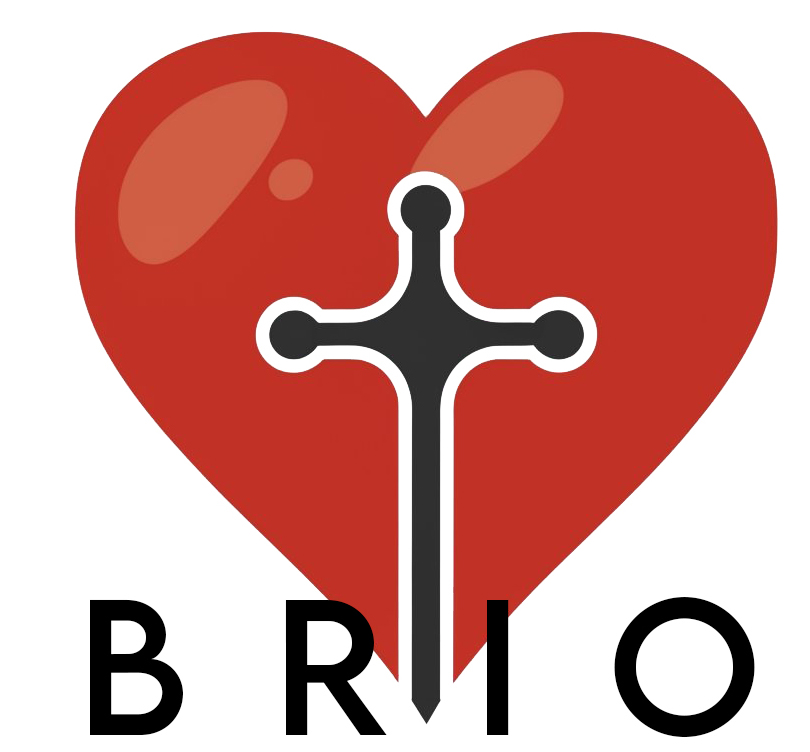In today’s class of advanced English Vocabulary with Vocatic, we’re going to talk about one of the most mysterious phenomena we experience in our lives: dreams. We also hear about the origins of the Ingocio logo and its relationship with dreams. Before we examine the phenomena more, however, let’s study five words of advanced English vocabulary.
But first, let’s take a couple of minutes to explore the mysteries of advanced English vocabulary.
- Keep away: mantener a distancia / prevenir
They are supposed to keep bad dreams away. OK guys, yes, it’s time for me again to promote my theory that phrasal verbs aren’t so difficult, because here we see another example: ‘Keep + away’. Obviously, the addition of away means to maintain something distant from someone – just like ‘go away’ or ‘stay away.’ Use the word: What do you use to keep away mosquitos?
- Batches: lotes
Manufactured in batches of ten million units. ‘Batches’ is the amount in which something is produced. So, a semi-conductor manufacturer will tell you “we manufacture chips in batches of a million units.” Use the word: Is there anything you buy in batches?
- Turn out: resulta que
Well, folks, it turns out that Rokeby’s mum is a lesbian. We have previously done the phrasal verb turn into which means ‘become’ today we’re doing ‘turning out’ which is more how things are developing or ending up. If you say ‘it’s turning out to be a sunny day’ you mean that in the beginning it wasn’t nice but now it is. Use the word: Is your life turning out how you expected it?
- Peter Pan style: estilo Peter Pan
The one with the logo of a Peter Pan style figure. What I would like to bring to your attention here is the use and position of the word ‘style’. If you want to say something is in the style of someone else you put it after the noun. He flew – superman style – across New York. Use the word: Do you like to kiss people Eskimo-style?
- The girl next door: la vecina
She’s the living proof that the girl next door is always sexier than the artificial model. ‘The girl next door’ ‘_’ is a common expression that is used in a several different contexts. The meaning is almost always the same, though: an everyday girl that is not particularly different from others. Use the word: Do you prefer models or the girl next door (or the boy next door?)
- Charts: la lista de exitos
Released in 2010, it immediately debuted at number 1 on the American billboard charts. ‘Charts’ is a business English word that we associate with graphics and tables. In this class, however, it refers to the system of identifying which book, film, app or song, is selling the most. Use the word: Which band or singer is top of the charts at the moment?
- The greats: los grandes
Those greats that beat Germany. Those greats is a good word for referring to the absolute best of something. ‘The greats of renaissance art’ or ‘the greats of twentieth cinema’ or ‘the greats of second language learning’ …that’ll be you. Use the word: Are you one of the greats at your company?
- Pretty: bastante
They’ll have a pretty good idea. ‘Pretty’ means beautiful, but only for a woman, by the way. Pretty + another adjective, is different however. It is means ‘quite.’ Use the word: Are you pretty clever when you need to be?
Five key words/expressions
- Gust of wind/air: a powerful, sudden expulsion of air.
E.g. “The birds wings produced a powerful gust of air.” A gust – una ráfaga – of air will come through the door if you suddenly open it on a cold windy night. Use the word: Do you like gusts of air more in the winter or summer?
- Swirl: A circular, fast moving image or movement.
E.g. You’re looking at a swirl of images and narrative trying to impose meaning. Swirl – remolino – has the literal meaning of something circular, in motion. However, as in the example just given it is often used for anything with a circular or rotation form which is difficult to see or interpret. Use the word: Does modern art look like a meaningless swirl of colour to you.?
- Shifting: changing.
E.g. “In dreams we travel to strange, shifting places.” Shifting – cambiando – is a word you use to describe something that is constantly changing. You can use it to talk about almost anything… for example – you could accuse your boss of constantly shifting strategies. Use the word: Is your company constantly shifting from one strategy to another?
4. Unlikely: not probable.
E.g. “It’s highly unlikely that you’ll win the lottery but it’s possible.” Unlikely – improbable – is one of those non Latin words that is little known by Latin students. It is certainly not colloquial or informal but unlikely is a lot less scientific sounding than improbable. Use the word: Do you think it’s unlikely you’ll be promoted this month?
- Refute: to reject and deny.
E.g. “Brad Pitt refuted the charge that he was guilty of polygamy.” To refute a charge – refutar – is the strongest possible way you can deny somebody’s accusation. It’s not just that you believe it’s untrue but you completely and utterly reject it. Use the word: If I said you shoplifted when you were at university would you refute the charge?
Now it’s time to repeat todays words of advanced English vocabulary – Refute refutar, Unlikely improbable, Shifting cambiando, Swirl remolino and Gust of wind una ráfaga de viento.

